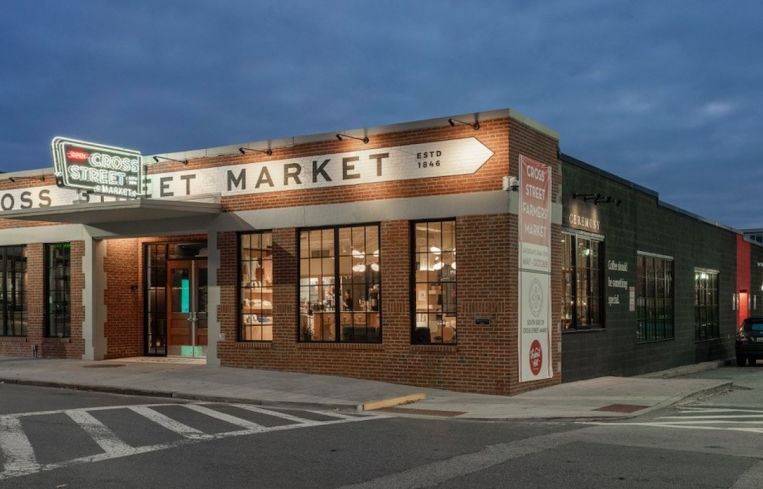MacKenzie Faces Project Backlog Fueled by Medical Facilities
By Keith Loria March 31, 2023 3:57 pm
reprints
MacKenzie Contracting, the construction arm of Lutherville, Md.-based The MacKenzie Companies, is facing a construction problem — but one that’s good news for the firm.
At a time when the construction industry is facing challenges of increasing materials, labor costs and a slowdown in the office sector, MacKenzie expects its volume to increase around 45 percent in 2023, the year that happens to mark its 35th anniversary.
“With many companies and employees embracing remote or hybrid work arrangements, there has been a dramatic decrease in the volume of commercial office construction. But, in the Baltimore-Washington, D.C., region, this has been offset by robust activity in the medical/health care, education, retail and senior living categories,” Marty Copsey, MacKenzie Contracting’s president and CEO, told Commercial Observer.
“We are extremely lucky to be operating within a geographic area that is so economically diverse, with drivers including tech companies, medical institutions, higher education and the federal government,” Copsey said.
Some of MacKenzie’s most notable projects include Cross Street Market, a retail market in Baltimore that underwent an $8.4 million redevelopment; the Under Armour Brand House, a retail store in Harbor East; and multiple assignments for health care-related groups such as Johns Hopkins Health System and Luminis Health.
Current projects include new buildings for Haystack Oncology, Sun Life Financial, Chase Bank and Howard County General Hospital.
Copsey said he expects to see a larger need for more outpatient facilities in suburban areas, with some upcoming neighborhood shopping center projects targeting medical uses because of the promise of free parking, locations near major highways and access to consumers.
For instance, in Maryland, The Joint Chiropractic recently signed a lease at Woodmore Towne Centre, a 712,000-square-foot retail center in Glenarden, Md., and another at Bel Air Plaza, a 160,000-square-foot shopping center in Bel Air, Md.
“Diagnostic and behavioral health facilities, together with urgent care practices, can relieve the strain on emergency room traffic, and patients are looking for health care options near their homes to bypass visits to the main hospital campus,” Copsey said.
Keith Loria can be reached at Kloria@commercialobserver.com.



